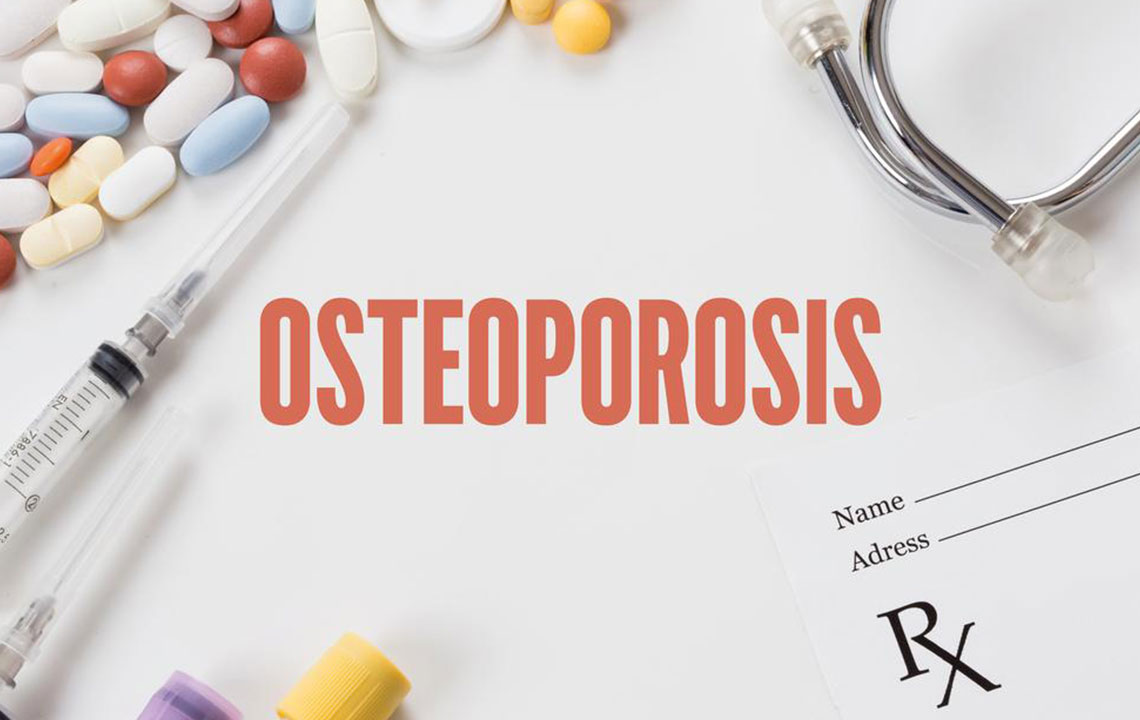Comprehensive Guide to Nutritional Strategies for Strengthening Bones in Osteoporosis
This comprehensive guide explores essential foods and nutrients that strengthen bones and manage osteoporosis effectively. It covers key dietary options like nuts, dairy, fatty fish, fortified foods, and high-protein sources, while highlighting the role of medications like Forteo® in treatment. Proper nutrition, combined with medical strategies, can significantly enhance bone density, reduce fracture risks, and improve quality of life for osteoporosis patients, especially with preventive measures and dietary adjustments. A vital resource for individuals seeking holistic solutions for bone health.

Essential Foods and Nutrients to Support Bone Integrity in Osteoporosis Patients
Osteoporosis is a prevalent condition characterized by decreased bone mass and deterioration of bone tissue, leading to fragile bones that are highly susceptible to fractures. It arises when the body fails to effectively regenerate and repair old bone tissue, resulting in bones that are weak and prone to breaks. Often called the silent disease, osteoporosis can progress without noticeable symptoms until a fracture occurs, making early prevention and management crucial. A key aspect of managing osteoporosis involves proper nutrition, which plays a vital role in maintaining and improving bone density, preventing fractures, and enhancing overall skeletal health. This comprehensive guide explores the most important foods and nutrients that bolster bone strength, discusses dietary strategies, and highlights adjunct treatments to support individuals living with osteoporosis.
Understanding the importance of specific nutrients allows individuals to make informed dietary choices. While medications are sometimes necessary to treat osteoporosis, diet remains a foundational component for long-term bone health. Consuming the right balance of foods rich in calcium, magnesium, vitamin D, protein, and other vital minerals can significantly influence bone regeneration processes, strengthen existing bones, and help prevent further deterioration. The following sections delve into the key categories of foods that are especially beneficial for strengthening bones and managing osteoporosis effectively.
Nuts: Nutrient Powerhouses for Bone Strength
Incorporating a diverse range of nuts into your daily diet can provide a significant boost to your bone health. Almonds, walnuts, pistachios, and pine nuts are particularly rich in essential minerals such as calcium, magnesium, phosphorus, and manganese—nutrients that are fundamental to maintaining and rebuilding healthy bone tissue. Nut consumption not only supplies these vital minerals but also offers healthy fats that facilitate nutrient absorption and promote overall skeletal health. Regularly including a handful of nuts in meals or snacks can serve as a delicious and convenient method to support bone regeneration and prevent osteoporosis progression.
Dairy Products and Plant-Based Alternatives
Dairy foods such as milk, yogurt, and cheese are among the most well-known sources of calcium, a mineral indispensable for strong bones and teeth. Consuming at least three servings of dairy or calcium-fortified alternatives daily can significantly contribute to skeletal strength. Choosing low-fat or skim options helps manage overall dietary fat intake while maximizing calcium consumption. For those who are lactose intolerant or prefer plant-based diets, fortified plant-based milk options such as soy, almond, or oat milk provide comparable calcium levels. Additionally, some plant-based products like fortified cereals, juices, and bread are enriched with calcium and vitamin D to support bone mineralization.
Fatty Fish: Omega-3s and Vitamin D for Bone Wellness
Fatty fish such as salmon, mackerel, sardines, and tuna are exceptional sources of omega-3 fatty acids, which have anti-inflammatory properties that benefit bone health. They also contain significant amounts of vitamins D, A, C, and E—each playing a role in bone regeneration and immune support. Vitamin D is particularly crucial, as it enhances the body's ability to absorb calcium from the digestive tract, thereby strengthening bones. Incorporating fatty fish into your diet two to three times per week can provide a vital nutritional boost necessary for maintaining and improving bone density, especially in individuals at risk of osteoporosis.
Fortified Foods: Meeting Calcium and Vitamin D Needs
For individuals who avoid dairy products or are seeking additional sources, fortified foods are an effective alternative to meet daily calcium and vitamin D requirements. These include fortified cereals paired with plant-based milk, calcium and vitamin D-enriched bread and pasta, as well as fortified fruit juices. Such fortified products are specially formulated to support bone health, making them valuable dietary additions for people vulnerable to osteoporosis. Regular consumption helps in maintaining optimal levels of these essential nutrients, thereby supporting bone mineralization and reducing fracture risks over time.
High-Protein Nutrients for Bone Tissue Repair and Density
Protein intake is a vital component of bone health, supporting the repair and regeneration of skeletal tissue. Foods rich in high-quality protein such as lentils, eggs, poultry, fish, and lean meats supply amino acids necessary for collagen synthesis, which forms the structural framework of bones. Adequate protein consumption enhances calcium absorption and promotes overall skeletal strength. Incorporating a diverse array of protein sources into daily meals can help prevent muscle loss and maintain maximum bone density, which is especially important in aging populations vulnerable to osteoporosis.
Besides dietary modifications, additional treatments like medications can further help manage osteoporosis. For instance, Forteo® (teriparatide) injections are prescribed for severe cases caused by hormone deficiencies or long-term steroid therapy. These medications stimulate new bone formation, improving bone density and significantly reducing fracture risk. Combining medication with proper nutrition, lifestyle changes, and weight-bearing exercises creates a comprehensive approach to combating osteoporosis and maintaining an active, healthy life.





